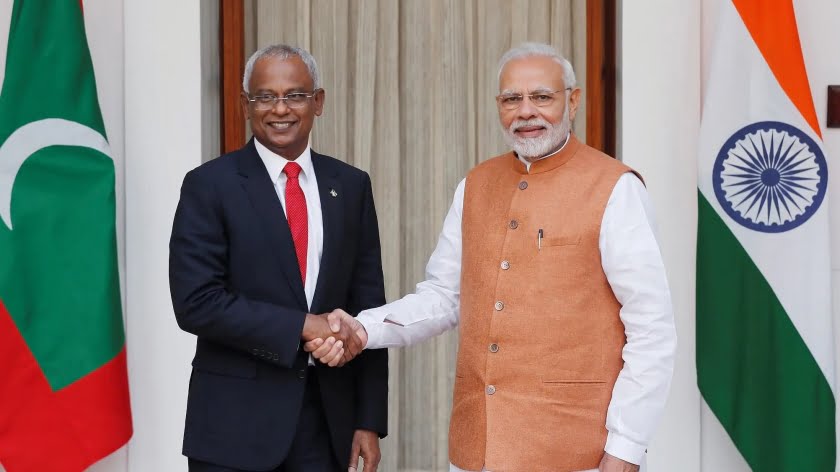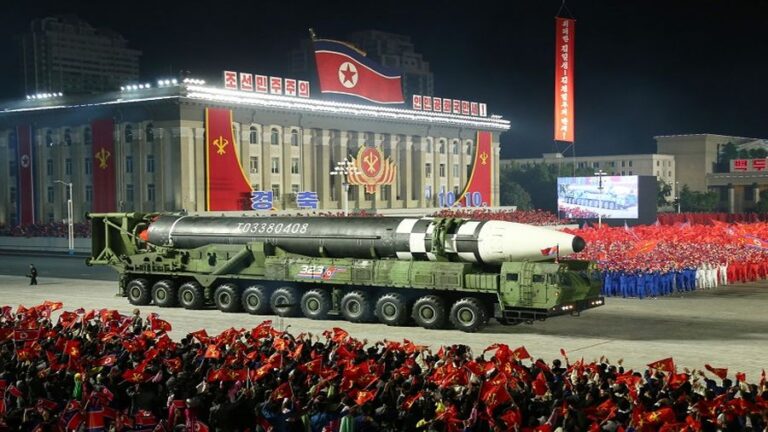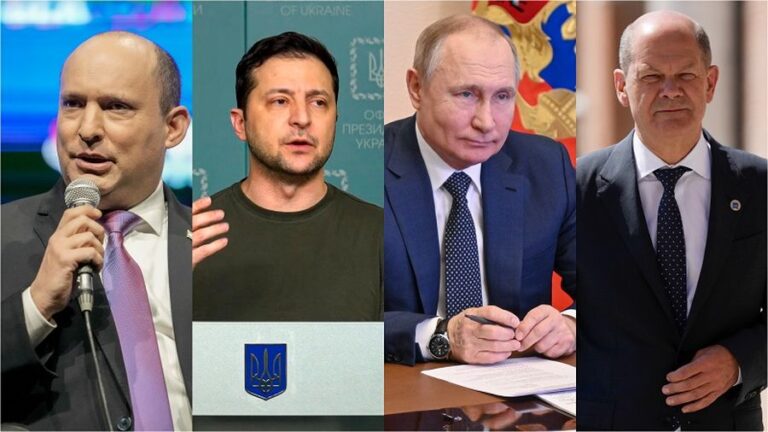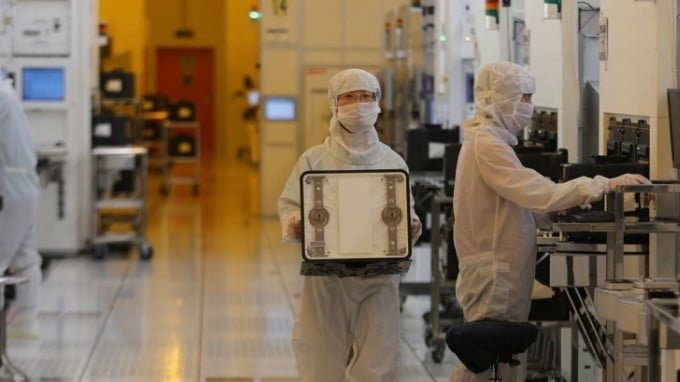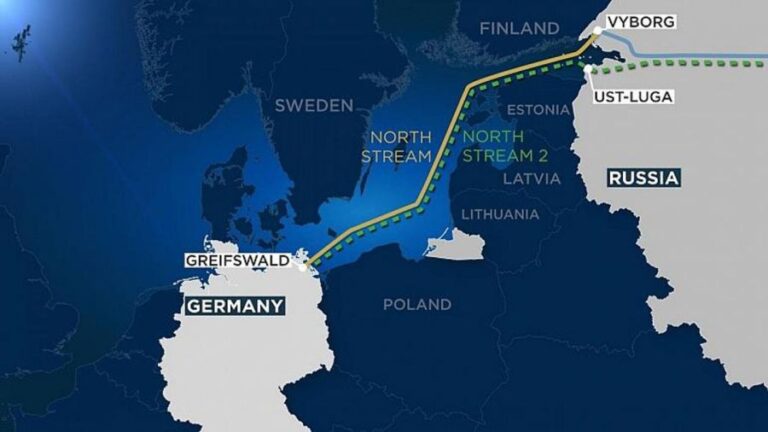Modi’s Indian Ocean Island Trip Is Integral to His Second Term in Office
Indian Prime Minister Modi will pay his first foreign trip since re-election to the Indian Ocean island states of the Maldives and Sri Lanka from 8-9 June in showcasing the geostrategic importance that these two countries have for India’s foreign policy during the next five years of his second term in office. Indian think tanks have written extensively about the need for their government to “counter” China’s influence in the Indian Ocean, which New Delhi regards as its “backyard”, and the recent political changes in the Maldives and Sri Lanka provide a prime opportunity for Prime Minister Modi to attempt to heed their advice.
The Maldives democratically changed its government late last year, during which time the international media speculated that its new leader would scale back Malé’s relations with China, which has yet to occur in any tangible sense but is still something that’s widely discussed among intellectuals and policymakers in the region. Prior to the elections, former President Yameen enthusiastically committed his country to China’s Belt & Road Initiative (BRI), which unsettled India because of New Delhi’s vehement opposition to this global series of megaprojects that it fears will mitigate the influence that it used to exert on its neighbors.
The opposition forces that came to power vowed to “re-balance” the Maldives’ relations with India, which gave rise to the aforesaid speculation about its possible foreign policy pivot. Seeing as how Prime Minister Modi conspicuously shunned the Maldives during former President Yameen’s tenure, it’s very symbolic that he’s choosing this country as his first foreign trip abroad. As for Sri Lanka, although its government has moved closer to India since the 2015 elections that unseated former President Rajapaksa (who was also a keen supporter of BRI just like his former Maldivian counterpart), it has yet to pivot like how Indian strategists expected.
In fact, President Sirisena nominated former President Rajapaksa as the country’s replacement Prime Minister late last year, which caused a political crisis that ultimately led to a return to the status quo, albeit in a much more polarized domestic environment than before. Sri Lanka has attempted to maintain a careful balance between China and India, with this being seen most visibly by bestowing the port of Hambantota to Beijing while recently doing the same with the one in Colombo when it came to New Delhi and Tokyo, both of whom are jointly leading the nascent “Asia-Africa Growth Corridor” (AAGC) initiative across the Indo-Pacific.
Prime Minister Modi’s upcoming trip is taking place after appointing career diplomat Subrahmanyam Jaishankar as India’s new Minister of External Affairs. This move caught the attention of many observers because it’s one of the first times that a technocrat was given this position, which is especially significant in the current global context because Mr. Jaishankar used to be India’s Ambassador to both the US and China and accordingly obtained very deep insight about how both competing Great Powers operate. With this in mind, it can’t be discounted that Prime Minister Modi’s visits to the Maldives and Sri Lanka are aimed against China.
This isn’t mere conjecture either since the US’ recently released “Indo-Pacific Strategy Report” specifically points out the leading role that India is expected to play in the Indian Ocean Region and specifically its neighboring countries. Not only that, but the Pentagon also applauded the Maldives and Sri Lanka’s “positive trajectory” in light of the aforementioned political developments in each country that it regards as being favorable to American grand strategic interests. It’s worth mentioning that there are no disagreements in strategic vision between the US and India in this respect, nor when it comes to China’s role in the region.
By choosing the Maldives and Sri Lanka as the two countries that he’ll visit during his first foreign trip since re-election (possibly at the suggestion of career diplomat and recently appointed Minister of External Affairs Jaishankar), Prime Minister Modi is sending a very strong signal about India’s geostrategic intentions during his second term in office, which are evidently to restore and expand India’s influence in its neighboring nations. This in and of itself is a pragmatic move to make, though it’ll be especially concerning if India attempts to do so at China’s expense, especially as part of the US’ overall plans to “contain” the People’s Republic.
By Andrew Korybko
Source: Oriental Review

